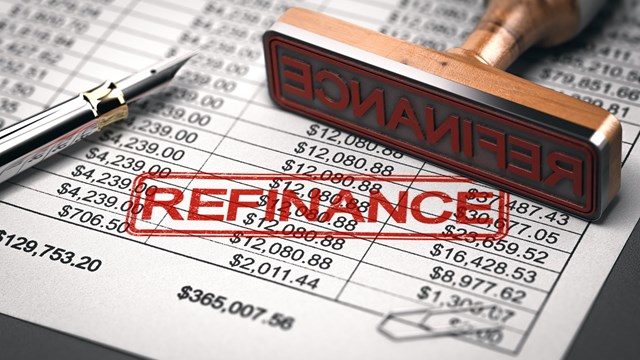Q I am currently interested in purchasing a co-op apartment. However, my mortgage
broker advised that since the co-op has issued both common and preferred stock,
that it does not technically qualify as a co-op under the IRS 216 ruling,
thereby prohibiting the taking of any maintenance deductions. Can you please
advise as to whether this is in fact a true statement and what if anything I
can do to validate that they are a legitimate co-op by IRS standards so that I
may take the maintenance deductions?
—Potential Buyer
A “The buyer’s mortgage broker may have given the buyer incorrect advice,” says attorney David Berkey of the Manhattan-based law firm of Gallet Dreyer & Berkey, LLP. “There are some housing cooperatives that are permitted to issue two classes of
stock, usually in connection with low or moderate income developments that have
been created pursuant to Section 213 of the National Housing Act or similar
state statutes. In these cases, preferred shares were issued by the developers of the project to
the Commissioner of the Federal Housing Administration (“FHA”) or state agency in nominal face amounts. The preferred shares gave the FHA or state agency the right to assume management
of the cooperative in the event there was a default of the cooperative’s underlying mortgage, which mortgage was often insured by the FHA or received
special state benefits.
“The Internal Revenue Service (“IRS”) has treated these shares as a security device to protect the FHA or state
agency, and not as an equity interest in the cooperative. It has determined that the preferred stock should not be treated a separate
class of stock which would disqualify the cooperative from the tax benefits
afforded to cooperatives that were otherwise qualified to receive such benefits
under Internal Revenue Code Section 216 (“IRC 216”).
“The prospective buyer should have his or her attorney review the cooperative’s certificate of incorporation and by-laws to determine if the preferred shares
could be treated in a similar fashion. The buyer or his or her attorney should also review the cooperative’s financial statements to determine if the cooperative’s accountants have given their opinion stating that the cooperative is a
qualified housing cooperative pursuant to IRC 216.
“The buyer’s attorney should also inquire whether any other party has sought a ruling from
the IRS regarding the cooperative’s qualification under IRC 216. Once the answers to those questions are obtained,
the buyer can make a reasoned decision whether to purchase an apartment in that
cooperative building.”







Leave a Comment